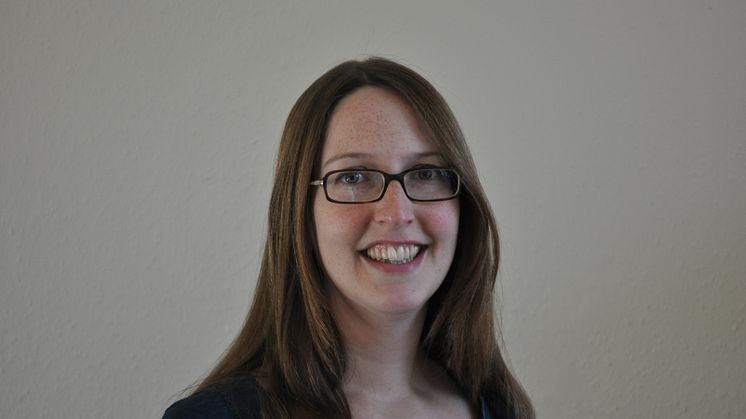
Press release -
COMMENT: Ann-Marie Einhaus discusses WWI in literature
Ann-Marie Einhaus is Lecturer in Modern & Contemporary Literature in Northumbria’s Department of Humanities.
Her research expertise lies in First World War literature and particularly short fiction about the war. Her monograph The Short Story and the First World War was published by Cambridge University Press in 2013, and she previously co-edited The Penguin Book of First World War Stories (2007) with Barbara Korte (Freiburg University, Germany).
Most people’s understanding of the First World War still centres on a very limited range of images and titbits of knowledge: Wilfred Owen and Siegfried Sassoon are household names, TV documentaries and dramas focus primarily on mud, blood and rats on the Western Front and have taught us that the war was in equal parts horrific and futile. While I am by no means arguing that the First World War (or indeed any war) was really a picnic, my research on First World War short stories has shown me that there was much more to the war’s experience than trenches and casualties. Of course death and loss had a huge impact on British society – and this in part explains why the war is still remembered so passionately by so many people today – but not everyone’s war took place on the Western Front.
Short stories document a much wider spectrum of experiences: they are set on the home front, in Mesopotamia, the Balkans, in Africa and at sea besides the Western Front, and show not only soldiers, but civilian war workers, medical personnel, women at home and abroad, and not least children, whose lives were after all also hugely impacted by the war. Their tone ranges from fervent patriotism to determined pacifism, with a vast range of in-between stages. Not everyone experienced the war as fundamentally disillusioning, and particularly authors of popular tales for the thriving magazine market also saw the war as an opportunity to pen thrilling romance and mystery tales. These offered imaginary participation in the conflict as well as welcome escapism to anxious wartime readers.
For various reasons, however, these manifold responses to the war have so far not become a conscious part of how Britons remember the First World War – the soldier narrative is still too powerful, although the centenary has already sparked increased popular engagement with previously marginalised stories of the war. A project I recently ran jointly with Dr Catriona Pennell at the University of Exeter, funded by the Arts and Humanities Research Council, revealed just how much literature has contributed to popular memory of the war. Our project explored how many of these different narratives of the First World War made it into English classrooms on the eve of the war’s centenary, and despite widespread prejudice that teachers only teach the trench poets, we have seen some fantastic examples of best practice among teachers who participated in the project and who try to widen their pupils’ perspective on the conflict while also raising awareness about the cost and consequences of war. A detailed report on research findings, available through the project website, outlines challenges and opportunities in teaching about the war. Ultimately, however, the greatest challenge we face is to make the war relevant to each new generation of pupils in their turn – and how better to do this than by exploring the war in all its many aspects?
To read the full report entitled The First World War in the Classroom click herehttp://ww1intheclassroom.exeter.ac.uk/
Topics
Categories
Northumbria is a research-rich, business-focussed, professional university with a global reputation for academic excellence. To find out more about our courses go towww.northumbria.ac.uk
If you have a media enquiry please contact our Media and Communications team at media.communications@northumbria.ac.uk or call 0191 227 4571.






